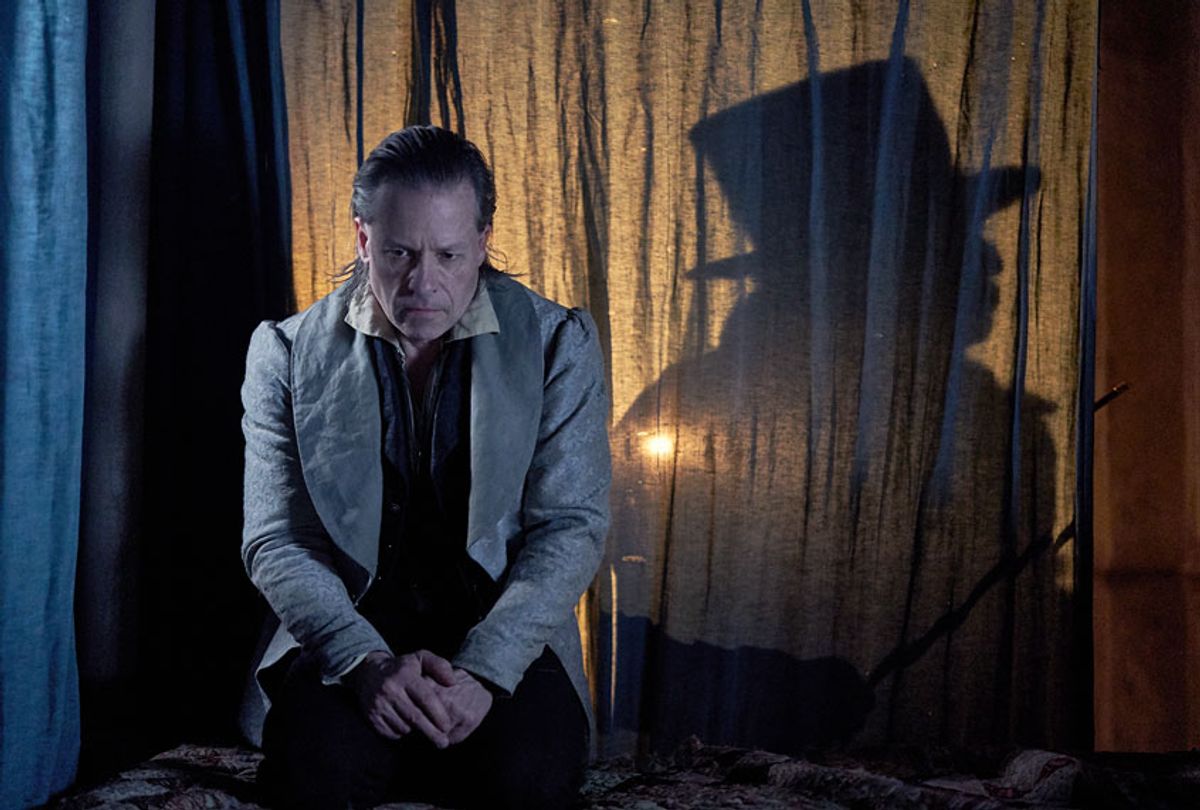In Charles Dickens's 1843 story "A Christmas Carol," Ebenezer Scrooge exclaims "Bah! Humbug!" in reference to Christmas. As he famously hates the holiday, it's easy to assume that "Humbug!" is just an expression used to convey dislike for something popular. In fact, thanks to the cultural impact of the Victorian Christmas classic, that's often how humbug is used today. You might describe someone as having a bah-humbug attitude toward the Marvel Cinematic Universe if they habitually whine about how its superhero movies "aren't real cinema," for example.
But Scrooge didn't originate the term humbug — and he meant something more specific than "I hate Christmas!" when he uttered it.
Humbug first appeared in writing in a 1750 issue of "The Student, or the Oxford and Cambridge Monthly Miscellany," where it was described as "a word very much in vogue with the people of taste and fashion . . . though it has not even the penumbra of a meaning." In short, it seemed to have been trendy slang coined by the cool kids of the era, and its etymology remains unclear. That said, humbug was used widely enough that its definition, at least, is clear. According to the Oxford English Dictionary, it referred to "a hoax; a jesting or befooling trick," as well as any "thing which is not really what it pretends to be," like a sham or fraud. Eventually, people started using it to mean nonsense in general.
When Scrooge repeatedly calls Christmas "humbug," it's because he believes the holiday fits the bill in more ways than one. He thinks Christmas tricks people into feeling cheerful and thankful when they have nothing to feel cheerful about or thankful for. "What reason have you to be merry? You're poor enough," he tells his nephew. Scrooge is also of the mind that society uses Christmas as an excuse to wrangle money out of wealthy people like him: He refuses to donate to a Christmas collection for the poor, asserting that they should seek help from existing institutions that house and employ the underprivileged. Shortly after, Scrooge complains about having to pay his clerk, Bob Cratchit, for an entire day off. "A poor excuse for picking a man's pocket every twenty-fifth of December!" he says.
Basically, Dickens's curmudgeonly antihero considers Christmas a financial and emotional scam on a global scale — a humbug any way you slice it. The only way Scrooge doesn't use the word humbug is in reference to the striped, peppermint-flavored hard candies of the same name. (Those humbugs date at least as far back as the 1820s in the UK, so it's possible Scrooge would've been familiar with them, too.)
Have you got a Big Question you'd like us to answer? If so, let us know by emailing us at bigquestions@mentalfloss.com.




Shares